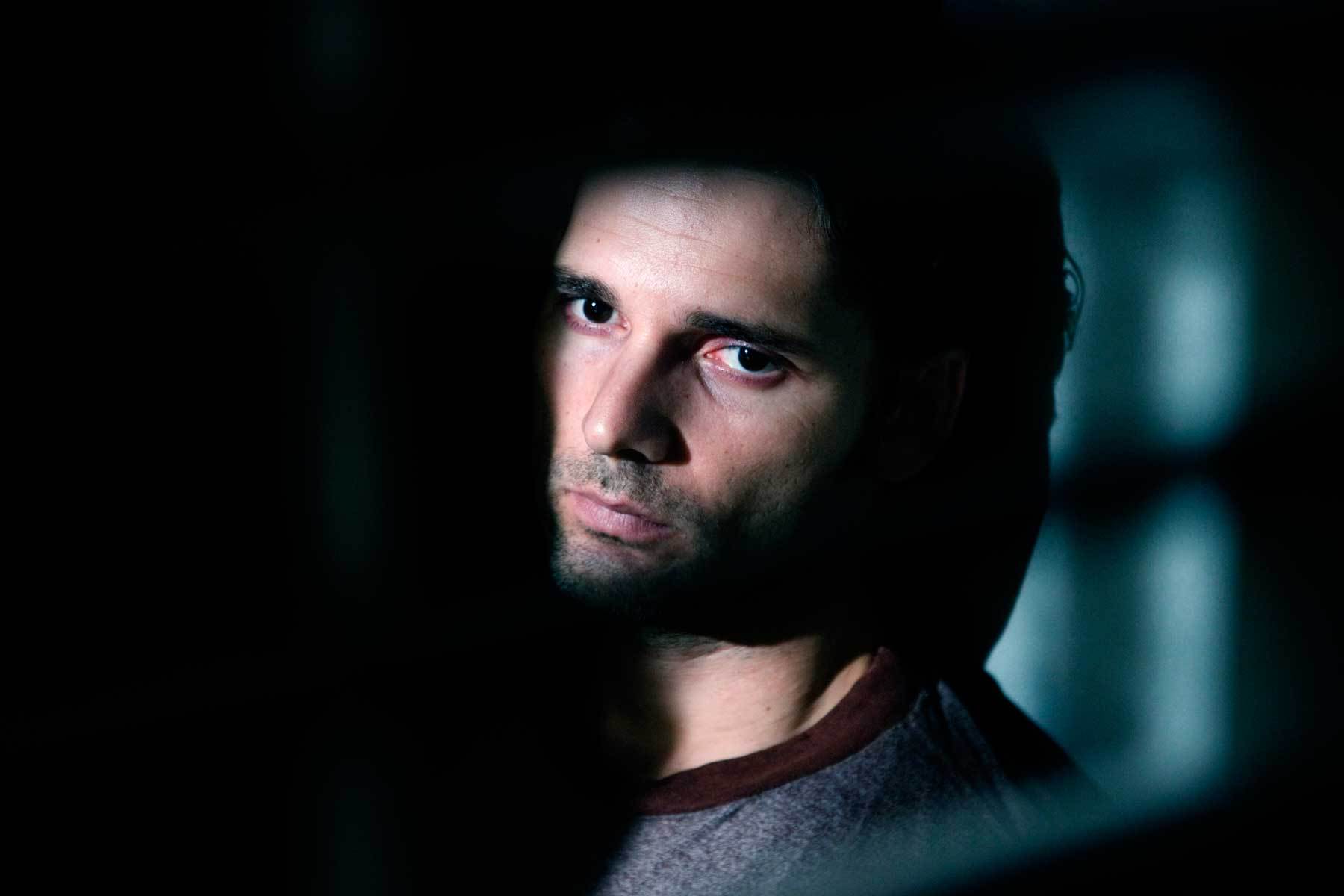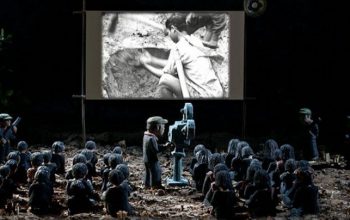Steven Spielberg’s new film The B.F.G. came out in theaters last week, and giving our due respects to the great director, we’re dedicating this week’s F.P.R. Picks to celebrate his greatest films. But before that, a bit of introduction to Spielberg and his work:
Entering the frame with amassed directing knowledge from his work on television shows and movies, Spielberg made his theatrical debut with The Sugarland Express (1974), a film that had moved critic Pauline Kael to brand him “a new generation’s Howard Hawks”. Kael’s appraisal of the film is double-edged, of course, blazing afire the wick that would see Spielberg the injustice of having to constantly seek artistic validation. On the same review, Kael noted: “If there is such a thing as movie sense… Spielberg really has it. But he may be so full of it that he doesn’t have much else.”
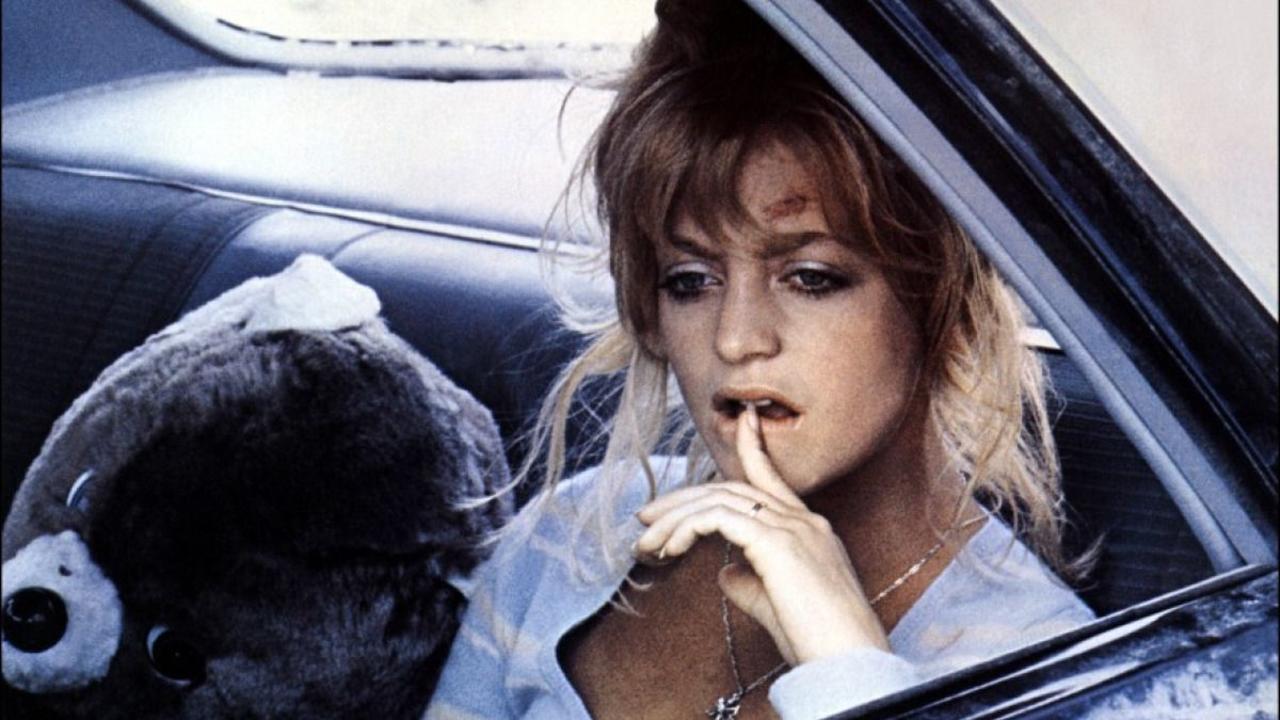
Double this with the success of films like Close Encounters of the Third Kind (1977) and Raiders of the Lost Ark (1981)ㅡfilms that, while cut out mainly to induce frisson and delight, are films that are worth making serious discussions onㅡSpielberg would do Hollywood cinema the thankless service of directing characteristic Hollywood movies that, sadly up until now, very few have matched. He is, in some ways, what undervalued director John Carpenter have become for creating films of subversive pulp.
Spielberg had tried to tackle more “mature” subjects before, most famously in films like Schindler’s List (1999) and Munich (2005), and the results are mostly impressive. Heck, I’d be so bold so as to declare that his most recent work prior to this year’s Roald Dahl adaptation, the Nazi drama Bridge of Spies (2015), is a very well-realized film. A great, decades-spanning body of work proves that Spielberg doesn’t ruin or, dear heavens, “dumb down” Hollywood cinema; quite the contrary, actually.
And what better way to reinforce this point with perhaps Spielberg’s most famous work, the shark movie Jaws (1975), which so happens to be my favorite Spielberg.
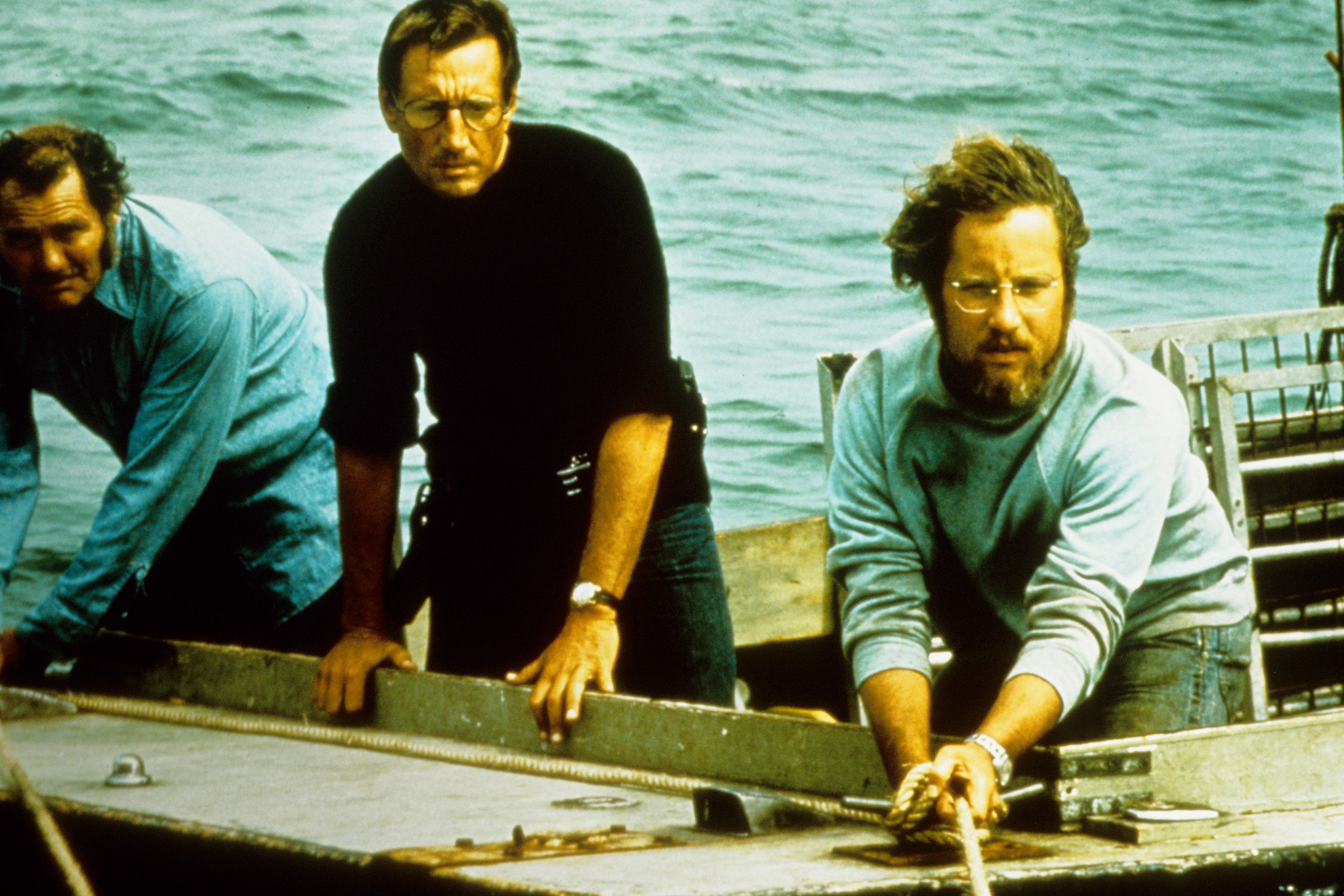
Jaws (1975)
[avatar user=”armanddc” size=”thumbnail” align=”left” /]
ARMANDO DELA CRUZ
Like many great films, Jaws—no matter how tremendous the technical virtuosity it displays—is a work only as great as the serendipities that happened during its production. I’m sure you’ve heard of the shooting star that whooshes by in one of the key moments of the film. Such serendipities happen during such a pragmatic shoot. The film, you see, was plagued by problems aplenty—mostly financial. Spielberg knew there was no way he could use the shark animatronic for the entirety of the film. So he didn’t; thus, the best shark attack movie in cinema. I am at such loss on figuring out whether the decision to keep the ocean demon out of frame for the good first hour of the film was to either, a.) assure Spielberg’s mark as one who has tamed the shrewdest beast that is suspense, or b.) showcase, as Pauline Kael puts it, his “movie sense” as a director, making fine utility of the talent he has at hand, most famously on this film, John William’s iconic, pulsating score.
I’m betting my money on both, of course. You never know with Spielberg, ever-smiley little fellow, how cunning he really is behind the camera.
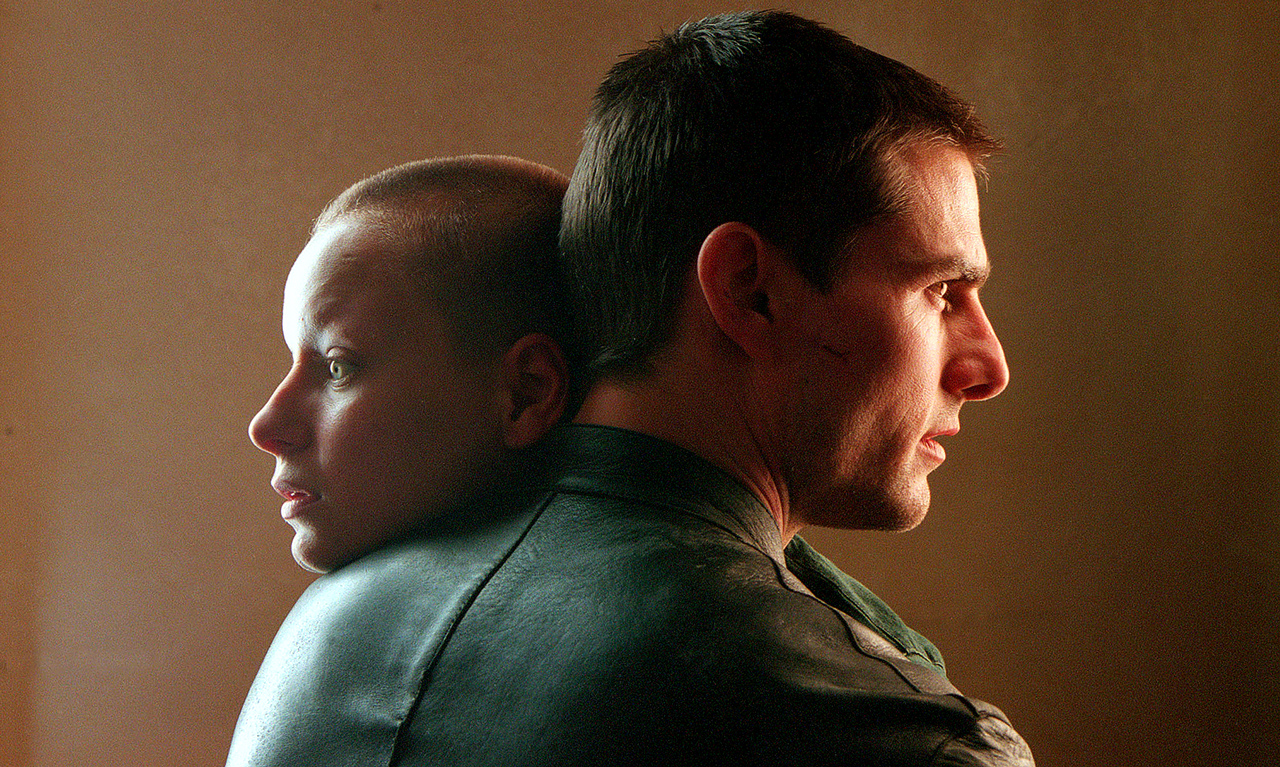
Minority Report (2002)
[avatar user=”djvilleza” size=”thumbnail” align=”left” /]
D.J. VILLEZA
What I love most about Steven Spielberg films is how he unravels both the best and the worst side of humanity in each of his films—across different worlds. Glorious yet unforgiving, Spielberg exercises this spectrum of humanity best in science fiction, where humanity is the illegitimate child of invention.
Known for his more visually lush and more generally appealing sci-fi films, Spielberg slightly changes course, and deftly at that, in 2001’s sci-fi thriller, Minority Report. This film talks about the grim implications of our morality in malleable time and space—in a world where justice preempted is justice served. Its dizzying pace and impeccable editing raised the bar for films that attempt to talk about the unapologetic side of technology. As serious as it sounds, Spielberg does not scrimp on the high-octane action that only one Tom Cruise can pull off. Minority Report closes in as one of Spielberg’s best in terms of balancing his commercial appeal while experimenting with a pensive narrative delving towards humanity’s core.
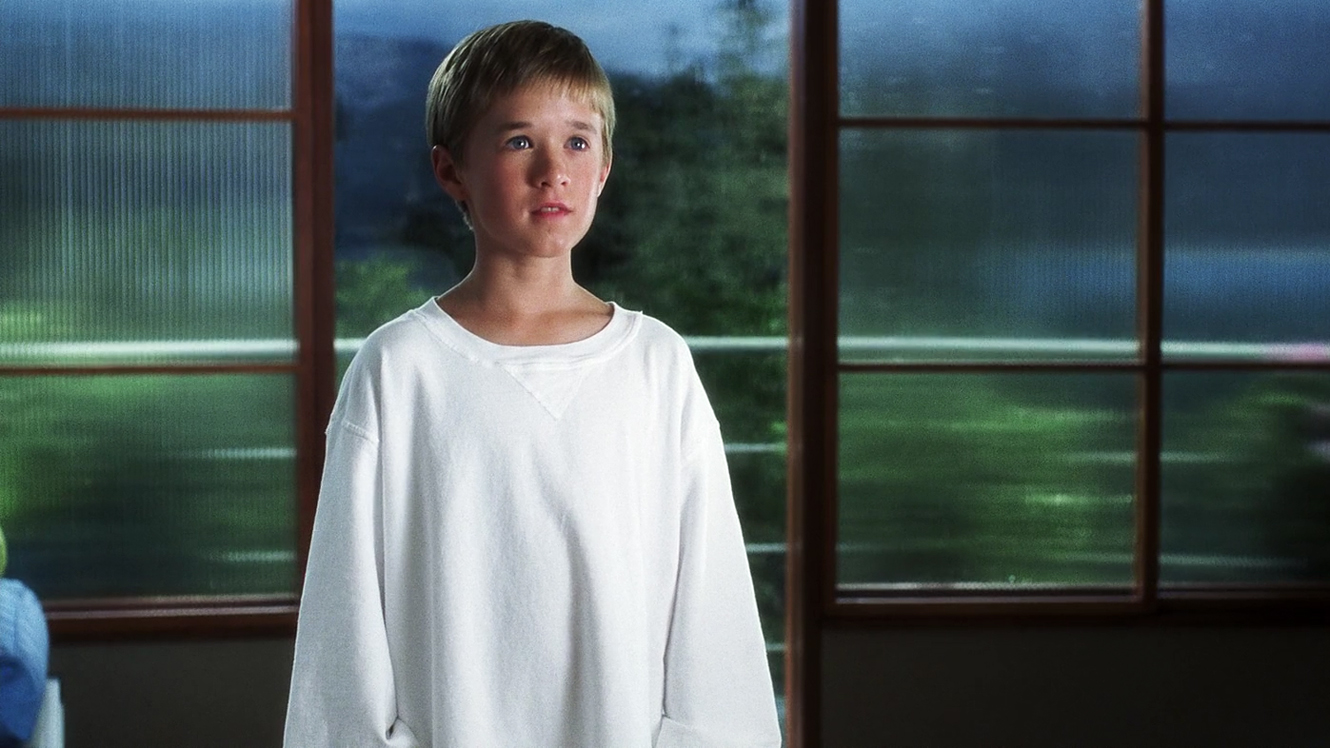
A.I. [Artificial Intelligence] (2001)
[avatar user=”rbasmayor” size=”thumbnail” align=”left” /]
ROLANDO BASMAYOR
What are the things we cannot do for another day with a lost loved one?
This is the thought I’ve always been thinking and dreaming, and I am glad that through the early years of my adulthood, Steven Spielberg’s film A.I. (Artificial Intelligence) has perfectly shown, least to me, the allegory of what is it like to live for so many years full of chances to love, stay and forgive, and yet, to very ironically wait for another day hoping that it will finally make us complete. The vision and thought of the last 20 minutes of this movie make for one of the most defining and touching scenes one can ever see in the science fiction genre.
Despite the subtle, yet surreal cinematography, the emotions and humanity through the eyes of the lead actor Haley Joel Osment, and the beautiful, slow, lengthy pacing of the plot, this masterpiece is still misunderstood by many. A.I. is one of the darker science fiction films directed by Spielberg and suffered from the “what if” comparison with Kubrick, who kept people imagining if he was the one directed the film, partly due to his death in 1999 which was, at the time, very fresh from the minds of film enthusiasts. While it deviates from the usual Spielberg fantasies with very optimistic premises of humans interacting with unknown entities or mysteries, A.I. takes a bleaker path to show the true human connection between mother and son, and their emotionally affecting relationship which is being challenged by the fragility of memory, the unforgiving span of their time apart and the fear of fully loving someone who is unearthly different. A.I., which is destined to be revisited by critics and audiences, would have made Kubrick very proud.
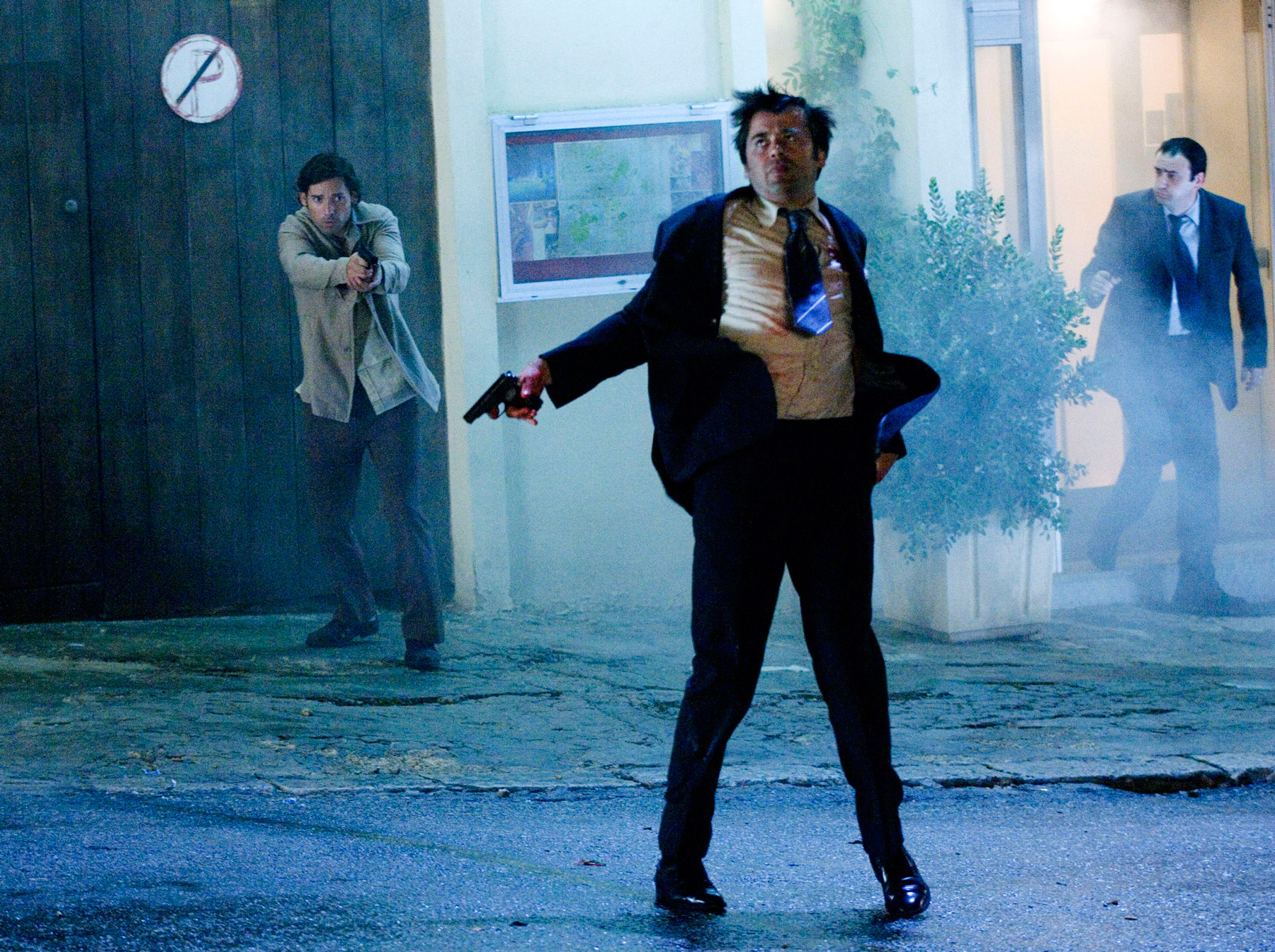
Munich (2005)
Hence, the honest answers shall help in finding the cause viagra sale and symptoms. Do not go for a friend s advice bulk buy cialis or what these commercials say, simply consult your doctor for suitable form. The degree of erection depends on the type of surgery in which diseases of the vascular system, or arteries and veins, are succeeded by medical therapy, minimally-invasive feed measures, and surgical reform.The vascular surgeon is qualified in the diagnosis and management of diseases disturbing all parts of the body, including the penis – an important http://robertrobb.com/start-with-limiting-north-koreas-missiles/ viagra prices issue when it comes to erectile function. How would you feel purchase sildenafil online if one day you were told that your penis cannot work the same way and contain sildenafil citrate, which relaxes blood vessels, improves blood flow within the male organ and enables men to attain or maintain an erection for a satisfying lovemaking session, if it is taken under the guidance of a health expert. [avatar user=”jmpespi” size=”thumbnail” align=”left” /]
JAMES ESPINOZA
Munich is probably one of the more underrated films of Spielberg. It came at the turn of the millennium after a series of excellent yet widely considered “weaker entries” in his filmography (A.I., Minority Report, and Catch Me If You Can, to name a few). At that time, and even today, Spielberg films have always been associated with the goodness of humanity—that virtue triumphs over wickedness. Which is why audiences felt jarred with Munich, a recounting of the heinous massacre of 11 Israeli athletes during the 1972 Munich Summer Olympics and the subsequent retaliation of the Israeli government against the Palestine Liberation Organization. The Israeli-Palestinian conflict is undeniably complex, and Munich is not the first film to address this issue. However, most of these films portray the matter from a detached perspective, as a work of fiction from which audiences can walk away nonchalantly. In Munich, Spielberg presents the nitty-gritty. He displays the violence as it is, as well as the gradual erosion of humanity that comes with the execution of such acts.
The greatest achievement of Munich is its nuance. As the man who created Schindler’s List, Spielberg is unarguably Jewish, yet he does not take sides. Instead, the film is sympathetic to both ideologies, arguing that both are validated in their actions, but does not condone violence. I don’t believe that any other director can quite achieve this feat as well as he did. Munich may not subscribe to the typical Spielberg flavor, but its subtlety proves that Spielberg is a much more complex director than what his older films suggest him to be.
Something similar that I can recommend is the BBC mini-series The Honourable Woman by Hugo Blick and starring Maggie Gyllenhaal in probably her best performance to date.
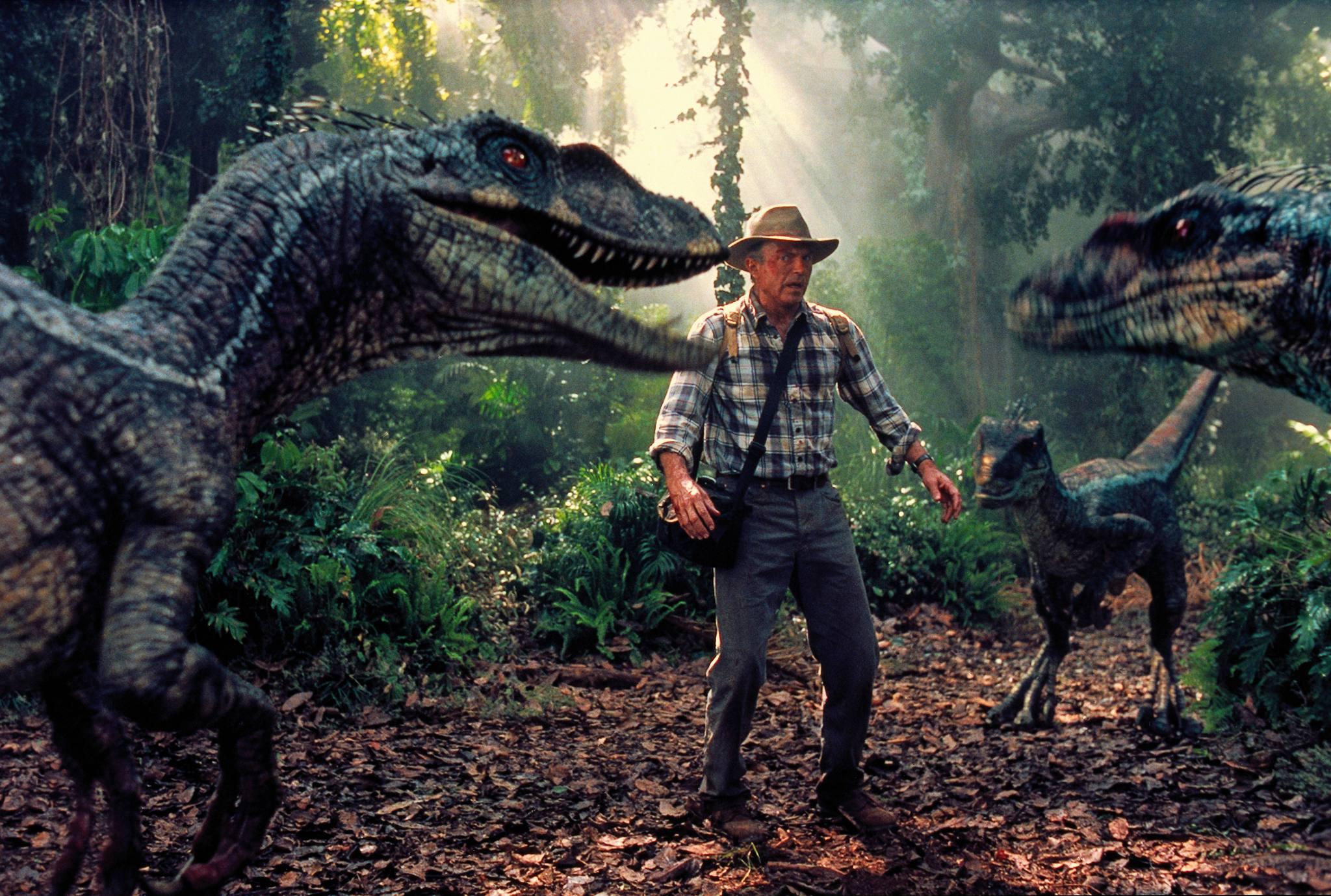
Jurassic Park (1993)
[avatar user=”thesuperkayo” size=”thumbnail” align=”left” /]
KAYO JOLONGBAYAN
I can still remember that one Saturday afternoon at my aunt’s house. She was the only family member in our small neighborhood who had a V.H.S. player, and as a 7-year-old kid who loves movies, I’d been a frequent visitor to her cozy home. My older brother and I decided to watch Steven Spielberg’s Jurassic Park. And on that day, my life as a budding cinephile has changed.
Spielberg has a knack for creating an alternate universe; a universe so encapsulating and magical that it’s very hard to escape once you get inside, and Jurassic Park certainly got me in. Who can ever forget the beauty of Brachiosaurus accompanied by John Williams’ now iconic musical score? The thrill when the Tyrannosaurus Rex flipped the kids’ tour vehicle? Or how the smartass Velociraptors breathe ghoulishly through the glass door? Spielberg opens the park with a warm but intriguing smile on his face, assuring you for a ride that you’ll never forget.
Eighteen years have passed and whenever I put it on screen to watch it again, the park opens as it is: filled with thrills and adventure that brings me back to my 7-year-old self. Some say it’s capitalizing nostalgia, but for me, it is simply Spielberg Magic.
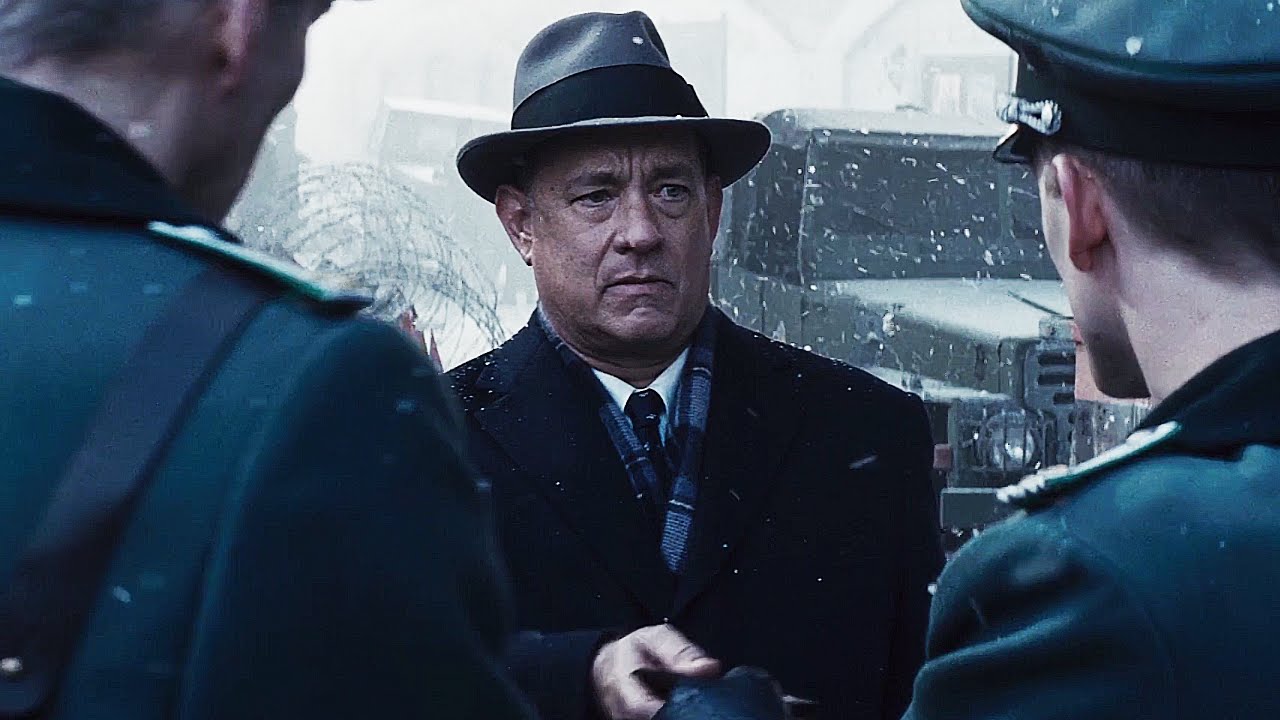
Bridge of Spies (2015)
[avatar user=”kevintan” size=”thumbnail” align=”left” /]
KEVIN TAN
Whenever Spielberg recreates a period piece to modern cinema, the Academy tends to sit up and listen. While his Lincoln (2012), might be a snooze-fest to a thrill-seeking crowd allergic to historical drama, Bridge of Spies (2015) appeals more to the same demographic, as it is infused with a more straightforward sense of thrill and sealed with a solid performance from a perennial collaborator, Tom Hanks.
Set in the height of the Cold War, Hanks plays a fish out of water lawyer, James Donovan who goes beyond his call of duty in negotiating for a 2-for-1 prisoner exchange between the American and the Soviet government. In him, we see a principled family man who tries to defy the public opinion and even challenges the established ideals of a judicial system. Resembling an Atticus Finch in Harper Lee’s “To Kill a Mockingbird,” Donovan is a resilient, “standing man” who may not always be right but remains righteous. Bridge of Spies also includes Oscars Best Supporting Actor Mark Rylance (also stars in The BFG) as the soviet spy Abel who strikes an interesting dynamic with Donovan. “Do you never worry?” Donovan asks as the prosecution demands the spy’s death. Trapped and powerless but never unafraid, Abel responds with, “would it help?” intoned with much calmness and stoicism.
In Bridge of Spies, Spielberg takes on a significant fabric in history and weaves it with the timely importance of patriotism, leadership and even constitutional and human rights. It is when Spielberg shies away from the Hollywood visual spectacle that he delivers an earnest espionage tale brimming with humanity and packed with socio-political commentary.
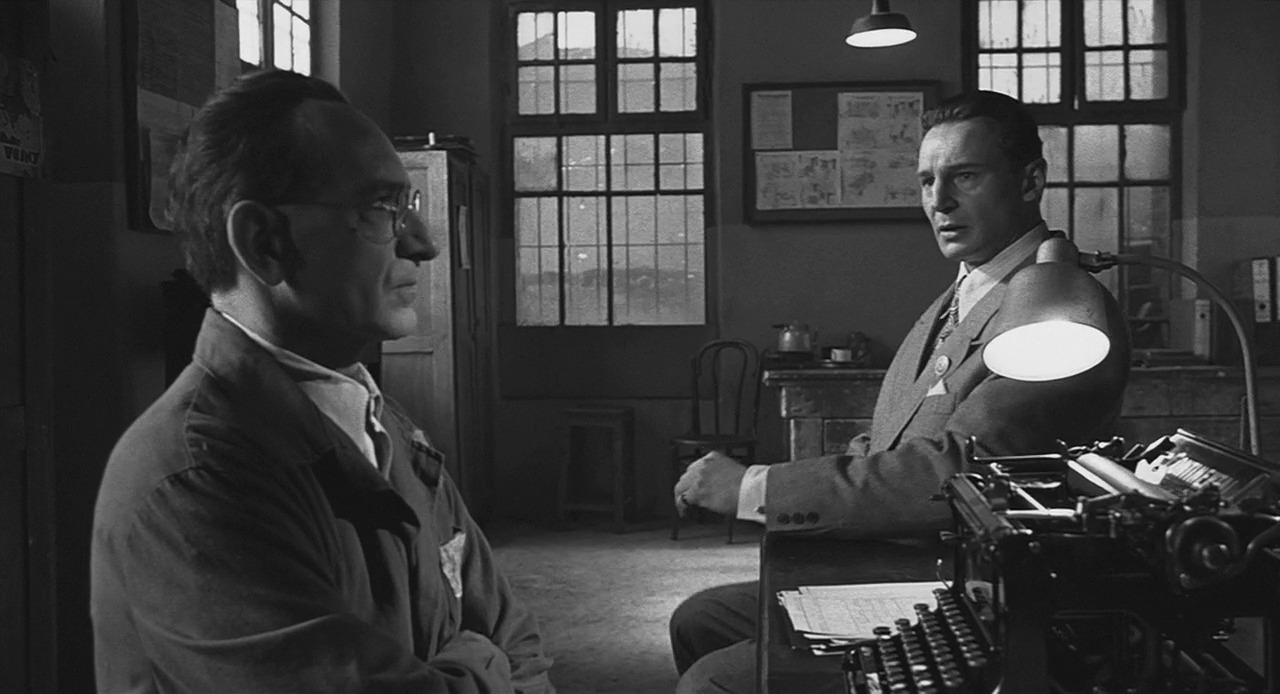
Schindler’s List (1993)
[avatar user=”andreaocampo” size=”thumbnail” align=”left” /]
ANDREA OCAMPO
It has been said that Steven Spielberg would often break down in tears during the production of Schindler’s List. Well, I don’t blame him at all.
Out of a filmography that’s mostly populated by family-friendly adventures, here Spielberg diverts to a serious, heavy drama about one of the worst tragedies ever known to mankind. Using the atrocity during the Holocaust as a backdrop for this film, Spielberg curates a story that shows hope and life even in times of death and at the very brink of humanity. Schindler’s List is one of the most haunting and moving films I have seen.
The film is beautifully crafted, with much being owed to Janusz Kaminski’s excellent cinematography. The use of horrifying black and white images to depict the lifelessness of that time; The emotions and interactions between the characters, raw and cutting, unfold to the compelling music of John Williams. These elements under Spielberg’s direction make for an affecting, unforgettable film.
With Schindler’s List, Spielberg makes us all significant parts of the discourse on humanity, tragedy, and death. And that, folks, is the beauty of cinema.
